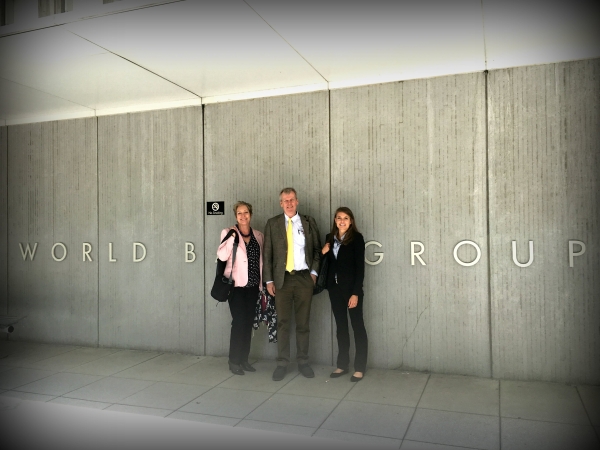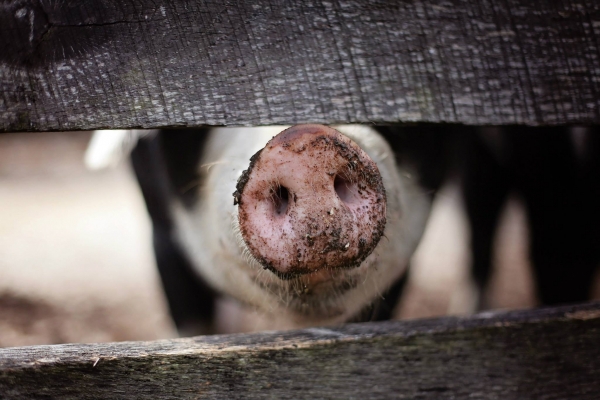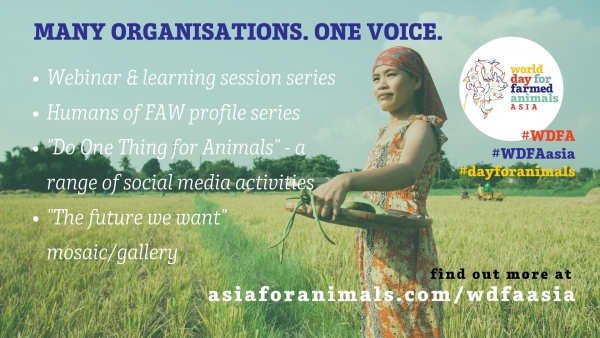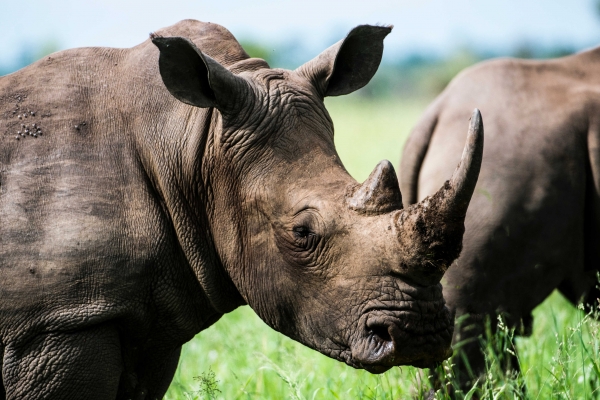| Headquarters: |
Rome, Italy
|
|
|
| Website: | http://www.fao.org/home/en/ | ||
| Description: | The Food and Agricultural Organization (FAO) is part of the UN system. Its main focus is on the achievement of food security. | ||
| Summary: |
The FAO seeks to ensure that people have regular access to enough high-quality food to lead active, healthy lives. Its three main goals are: the eradication of hunger, food insecurity and malnutrition; the elimination of poverty and the driving forward of economic and social progress for all; and the sustainable management and utilization of natural resources, including land, water, air, climate and genetic resources for the benefit of present and future generations. |
||
| Organization Type: | International Inter-Governmental Organization | ||
| Issue areas covered: |
FAO's activities comprise five main areas:
The FAO has also given support to the formulation of regional agricultural policies. The FAO is a One Health/One Welfare partner with the OIE and WHO. The FAO has a Gateway to Animal Welfare. This provides information on the welfare of farm animals and opportunities to engage in commonly developed projects and thematic discussions. The FAO is a major supporter of the World Committee on Food Security (CFS), which is an inclusive international and intergovernmental platform for stakeholders to work together in a coordinated way to ensure food security and nutrition for all. The Committee reports to the UN General Assembly through the Economic and Social Council (ECOSOC) and to the FAO Conference. The FAO jointly developed with the OECD on “Guidance for Responsible Agricultural Supply Chains” to help enterprises observe standards of responsible business conduct to ensure that their operations contribute to sustainable development and do not lead to adverse impacts. This includes animal welfare and specifies that this should be in accordance with or exceeding OIE The FAO is on the Steering Group of the World Bank-led “Wageningen Process”, which is developing good practice for animal welfare in development projects. WAN is also on this Steering Group. The FAO recognizes that animal welfare should be at the heart of sustainability. It also spreads some very relevant messages, for example: A video – “What if we change our diets?” which is about how to feed a hungry planet (growing populations and demands of developing societies). This includes messaging about changing from animal-based foods to crops. A World Food Day (October 2016) educational resource on “Climate is Changing” – includes messages on eating less meat, going organic and cutting down on food waste. The FAO has a Treaty tackling illegal fishing. This includes work on the prevention, deterring and elimination of illegal, unreported and unregulated fishing. See here. |
||
| Key opportunities and dates for input: |
There are periodic opportunities for engagement through the Gateway to Animal Welfare. These include E-Consultations and expert meetings. The CFS holds an annual Plenary session every October at the FAO in Rome, Italy. |
||
| Requirements for participation: |
There is an opportunity to sign up for newsletters from the Gateway to Animal Welfare and to submit information. |
||
| Advocacy Opportunities: | |||
|
|||
- Home
- Directory
-
Our Programs
-
Strategic Advocacy Course
- Collaborations
- Humane Education
- International Policy
-
Model Animal Welfare Act
- Get the Book!
- Contents
- Part 1: Guiding Principles - A Broad Overview
- Part 2: Proposal for the Wording of a New Animal Welfare Act
-
Part 3: Explanatory Notes
- Notes to Chapter 1: Preliminary Provisions
- Notes to Chapter 2: General Provisions
- Notes to Chapter 3: Keeping of Animals/Care of Animals
- Notes to Chapter 4: Specific Categories of Animal Use
- Notes to Chapter 5: Implementation and Enforcement Provisions
- Notes to Chapter 6: Penal and Final/Concluding Provisions
- Constitution Project
-
Strategic Advocacy Course
-
Resources
- Events
- About Us
- Blog
From the Blog
-
The World Federation for Animals: A New Chapter for World Animal Net +
 In 2013, I joined World Animal Net (WAN) alongside Akisha… Read More
In 2013, I joined World Animal Net (WAN) alongside Akisha… Read More
-
Launching an "Animals' Manifesto" for World Animal Day +
 World Animal Net has brought together animal protection and environmental… Read More
World Animal Net has brought together animal protection and environmental… Read More
-
Join Asia for Animals in celebrating World Farmed Animal Day +
 World Day for Farmed Animals Asia is on October 2nd… Read More
World Day for Farmed Animals Asia is on October 2nd… Read More
-
COVID-19 and the Development of the New Global Biodiversity Framework +
 The Convention on Biological Diversity (CBD) is an international agreement… Read More
The Convention on Biological Diversity (CBD) is an international agreement… Read More
- 1


